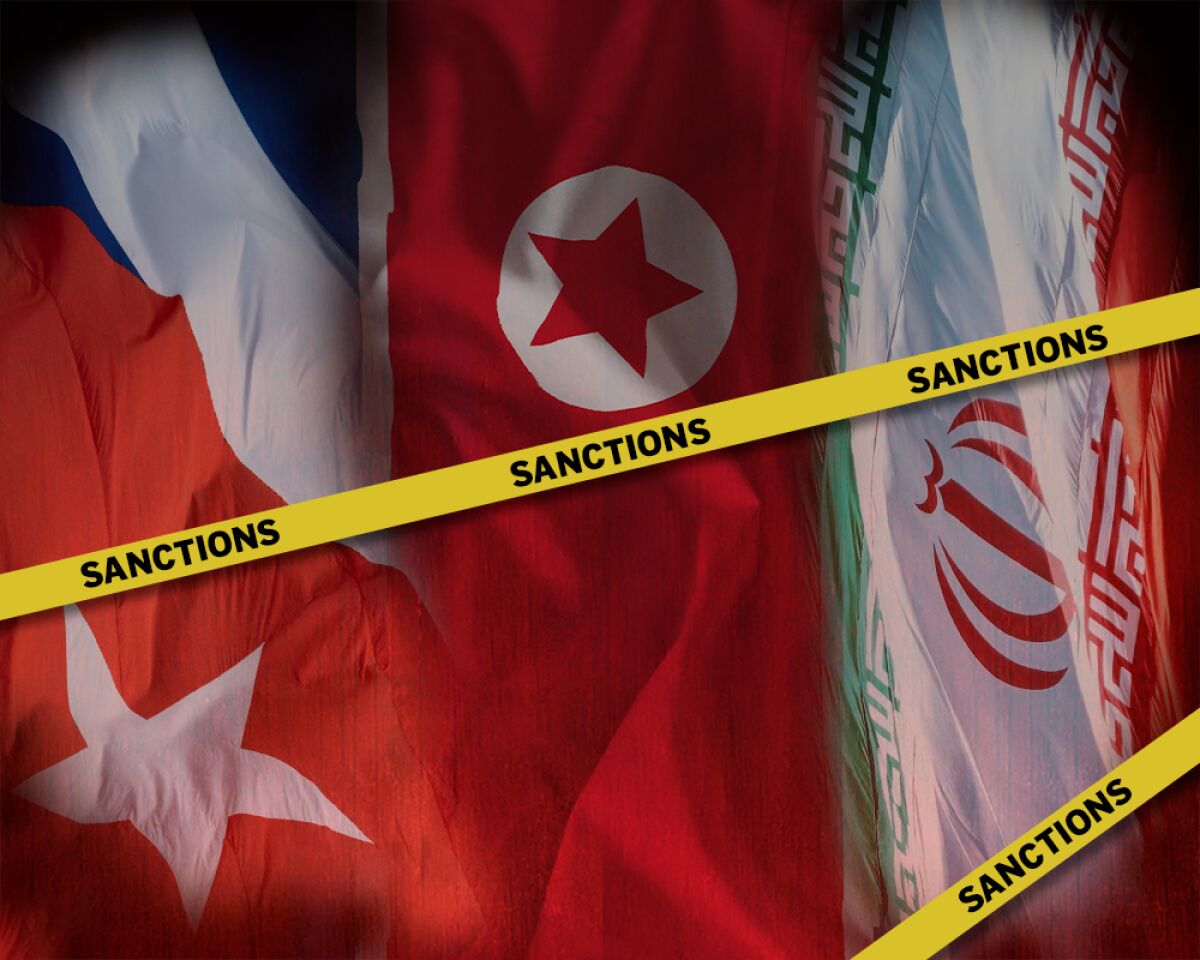Seeing the Limit of Hegemony from America’s Debt Ceiling
Since the end of World War II, U.S. political and military power has certainly exerted a large influence. It has not only been used to prevent regional conflicts from expanding but also led to the transformation of socialist countries and set the world on a path toward market globalization. Throughout this process, the economic globalization model produced big benefits for the U.S., leading to the dollarization of international trade and financial systems. And therefore, the entire world is affected by the U.S. economy. Although this global system of dollarization has complicated the economic problems in the U.S., America can use its position of hegemony to pressure other countries into solving its own economic problems.
When the American economy is booming, the global economy can follow suit. However, when the American economy enters a recession, countries all over the world may suffer together. In this regard, the effects Taiwan feels are particularly great. The good thing is that our long-established industrial competitiveness is strong. Moreover, we have accumulated enough in foreign exchange reserves, which were tested by the oil crisis, the Asian financial crisis and the 2008 global financial crisis, to have made it through smoothly.
American investment king Warren Buffett bluntly stated that although the Taiwan Semiconductor Manufacturing Company is good, he doesn’t dare invest in it because of its location. Ever more seriously, American think tanks, former military officials and even important members of Congress have suggested that, for strategic purposes, it might be necessary to destroy TSMC. Thus, we are really feeling the threat of American hegemony.
While it has yet to become national policy, a practice such as this — of caring only for America’s own interests and unscrupulously sacrificing allies — has not only risen to the surface but has also been repeatedly suggested. This is shocking, and one cannot help but ask what’s wrong with the U.S. A rational explanation is probably that domestic problems have caused America’s foreign policy to change from virtuous to hegemonic.
Although U.S. national debt has been growing for a long time, it increased severely after the events of Sept. 11, 2001. Because government deficits keeps pace with trade deficits, a large proportion of the accumulated national debt is held by foreign countries. At the same time, while the U.S. and global economies are closely related, American foreign, political and trade policy is increasingly becoming one-sided, putting America first entirely. The U.S. even frequently disregards global economic norms by adopting trade wars as a practice. Once Russia officially launched the war, invading Ukraine, the U.S. used economic sanctions to ask allies to join a trade war as a matter of course. However, the might of America’s foreign economic hegemony is no help in solving domestic problems. In the end, inflation follows a prolonged monetary easing policy to become a crisis.
America’s response to handling inflation has been to rapidly raise interest rates and shrink the supply of money. America’s loosening and then tightening of monetary policy has greatly impacted global financial markets, and each country must cooperate, especially in response to the risk of large fluctuations in the value of the U.S. dollar. Recently, many countries have begun signing long-term trade agreements using currencies other than the U.S. dollar. These countermeasures are being taken in anticipation of the dollar depreciating sharply once the U.S. stops raising interest rates.
The U.S. is up to its neck in debt and cannot increase its income in the short term. It is certain to exchange new debt for old debt and thus has no choice but to raise the debt ceiling. Although it is not unreasonable for the Republicans to ask the president to decrease spending, their purpose is to wrangle for political power, and both sides will continue to fight over this financial bomb, waiting only until the very last minute to dismantle it. Even if the debt limit is raised, the ultimate way to repay the debt is determining how to revive the economy. When the U.S. will resume its role as global leader of collective economic growth depends on whether it will let go of hegemonic means that afford personal gain at the expense of others. I hope that the absurd proposition to destroy TSMC can serve as a wakeup call for American political leaders so they can understand that global hegemony should have a limit.
The author is a professor at National Tsing Hua University.

